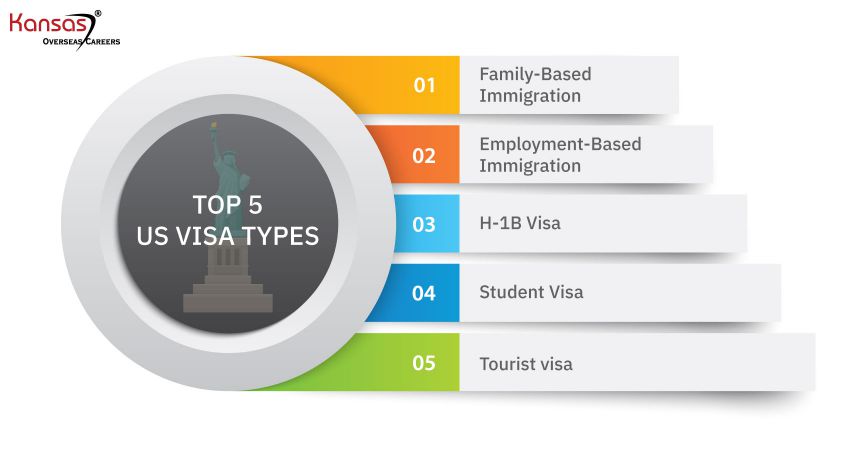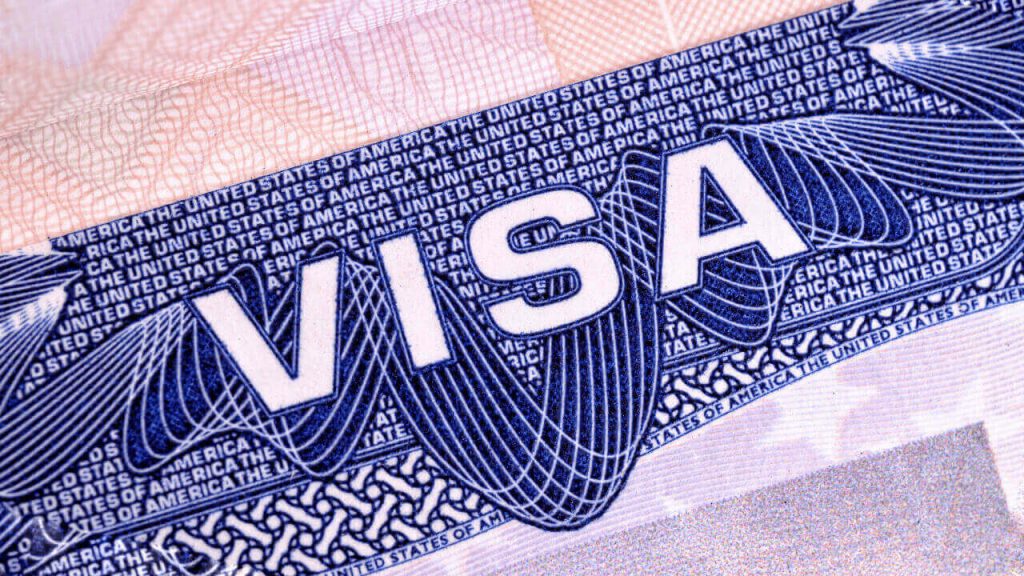

Visa Guides: Applying for Visas for Research or Academic Purposes is crucial for students and researchers planning to study or conduct research abroad. This comprehensive guide dives into the intricacies of the process, providing a roadmap to navigate the complexities of international travel for academic pursuits. A visa is essentially permission to enter a foreign country for a specific purpose, like academic research. Many students and researchers face difficulties in understanding the application requirements. This guide addresses the common pitfalls and concerns, offering solutions to streamline the application procedure. We’ll discuss essential documents, processing times, and the potential issues that might arise. This guide will outline the structure of visa applications for research or academic purposes and provide practical tips and insights to enhance your application and increase your chances of success.
Understanding Visa Requirements for Academic Research
Essential Information on Visa Categories
The first step in securing a research visa is understanding the precise requirements of the specific country. Different countries have varying visa categories and procedures for academic and research purposes. Some countries might require research permits or authorizations in addition to standard visa requirements. Students seeking to conduct research for their thesis might need a different visa type than those seeking to do research for other purposes. In most countries, it’s vital to check the official websites of the relevant embassies or consulates for detailed information and the most up-to-date guidance. It’s advisable to consult with relevant authorities, like the universities’ international office or a qualified immigration lawyer, for more precise requirements and updates.
Gathering Required Documents for a Research Visa
Comprehensive List of Required Documents
Thorough documentation is paramount for a successful visa application. This includes proof of funding, research proposals, letters of acceptance from universities or institutions, and a valid passport. Each country may have specific documentation requirements for their research visas and some may request specific financial documents. Additionally, you might need to demonstrate your academic history, research experience, and the overall scope of your planned research. Checking with the relevant embassy for a detailed checklist is crucial. Be sure to have a copy of everything and be aware that some documents may require specific certifications or translations. Contact embassies well in advance for the current requirements.
Research Visa Processing Time and Potential Issues
Analyzing Processing Times
Visa processing times are highly variable. A crucial aspect of planning is to factor in processing times, which can range from a few weeks to several months, depending on the country. Some countries have expedited processing options for students or researchers who demonstrate urgent need. Keep in mind that this can vary; the precise timeframe can vary. This is a factor to consider when planning your research activities.
Anticipating Potential Problems
Potential complications during the application process exist and may impact your chances of approval. These range from incomplete or inaccurate applications to insufficient funding or a lack of clarity in the research proposal. These potential pitfalls can be addressed through careful preparation, meticulous attention to detail, and, if necessary, consulting with an immigration advisor. These steps can reduce the possibility of delays or rejection.
Tips for a Smooth Research Visa Application
Essential Strategies
To ensure a smooth visa application process, meticulous preparation and attention to detail are key. This often includes confirming and verifying documentation before submitting it and checking if you need any translations or special certifications. The process requires meticulous attention to detail to prevent errors. If you’re applying to several countries, ensure you follow the requirements for each.
Seeking Professional Advice
Navigating the complexities of international visa requirements can be demanding. Consulting with an immigration lawyer or advisor who specializes in research visas can provide expert guidance, ensuring your application is complete and meets all the necessary criteria. Their knowledge and experience can save you from potential mistakes and potentially accelerate the application process.
Conclusion
Applying for a research visa entails understanding the specific requirements of the destination country. Thorough preparation, proper documentation, and consideration for potential issues are essential factors to improve your chances of securing a visa for academic research. Visa Guides: Applying for Visas for Research or Academic Purposes aims to provide a clear path to success for those pursuing international academic research. Consult with qualified advisors to address any uncertainties you may have.
Applying for a visa for research or academic purposes can be challenging. Here are some frequently asked questions to help clarify the process:
What are the specific documents required for a research visa?
The specific documents required for a research visa vary based on the country and institution. Generally, these include, but are not limited to, proof of funding, research proposal, letter of acceptance from a university, and a valid passport. Additionally, you may need to provide details about your academic background, experience, and future research plans. Thoroughly reviewing and gathering all necessary documents is essential to ensure your application is complete and accurate. You can find detailed lists on the relevant embassy or consulate website.
What are the typical visa processing times?
Visa processing times can vary significantly, depending on the country and individual circumstances. Some countries have quicker turnaround times while others may take several weeks or even months to process an application. It’s crucial to check the official website of the relevant embassy or consulate or the particular organization for exact processing times. Being mindful of potential delays is a smart approach. Start your application well in advance to avoid any last-minute complications.
What are the potential issues that may arise in applying for a research visa?
Several factors could lead to visa application issues; inaccurate applications, insufficient documentation, or misinterpretations of the requirements are common. Insufficient funds, unclear research goals, or lacking support from the host institution can also present challenges. By carefully understanding each aspect, addressing any uncertainties or gaps in your application, and seeking counsel where appropriate, issues can be addressed before they impact the process. It’s highly recommended to seek guidance from immigration advisors or lawyers for a tailored approach.
Can I get a visa if I’m a student doing research for my thesis?
Yes, in many cases, a student can secure a visa to conduct research for their thesis. You would typically need a research permit or visa. The specifics will depend on the country’s regulations and your particular institution. Your university or college, as well as embassy guidelines, should give you more information about what you need and the procedure to follow.
In conclusion, navigating the visa application process for research or academic purposes requires meticulous planning and a thorough understanding of the specific requirements. By meticulously following the guidelines and procedures outlined in this Visa Guides: Applying for Visas for Research or Academic Purposes guide, individuals can significantly increase their chances of a successful application. Remember to consult with a qualified immigration lawyer or advisor for personalized guidance and support throughout the process. This comprehensive guide serves as a valuable resource, providing a solid foundation to your academic pursuits. Contact the relevant embassy or consulate to ensure you have the latest information and proceed with your application today!